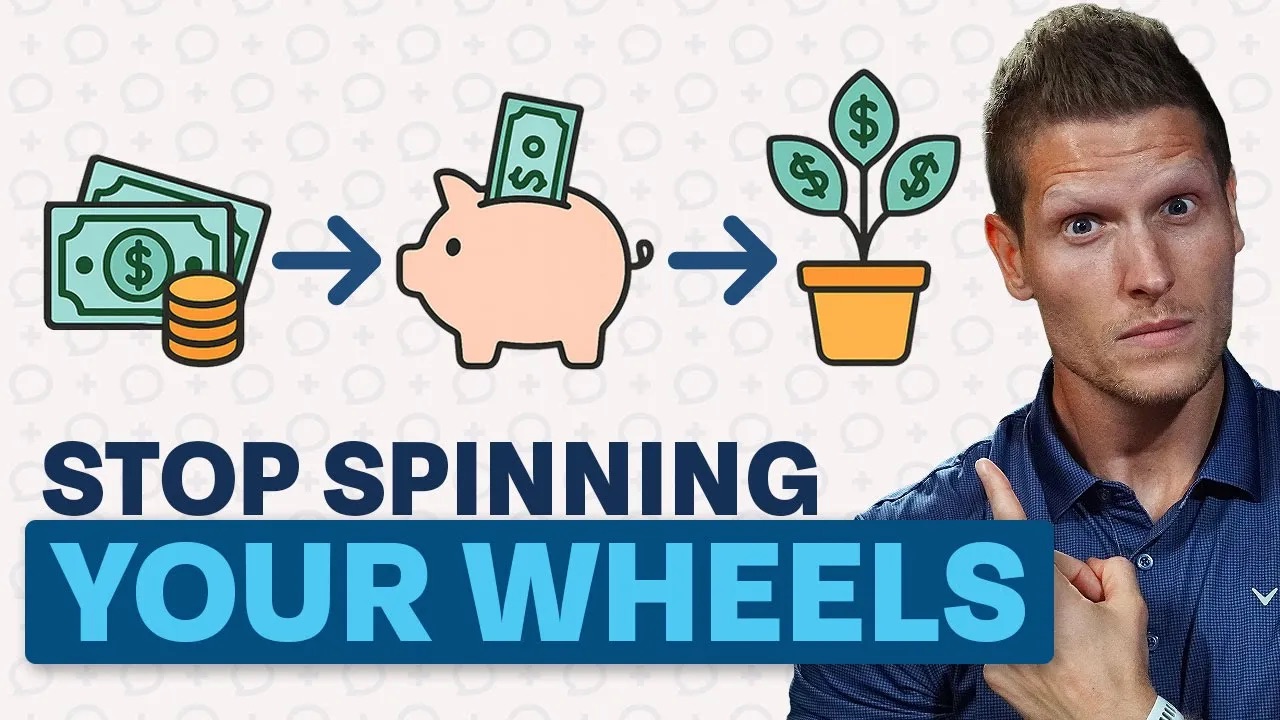It's Brian Preston, the Money Guy. Jennifer has a question. She says, "Why is someone trying to sell me a TFRA? I think she means a tax-free retirement account. What is the benefit of this? Did she call it a tax-free retirement account because that is what Daniel and I think she means?"
"I will be totally honest. So, look. I'm going to give it the benefit of the doubt here, right? We love tax-free retirement accounts."
Tax-free retirement accounts? We love them. We love them so much we make them step five of our
Financial Order of Operations. Roth IRAs are truly a tax-free retirement account. Then, if you include Health Savings Accounts, those are also tax-free and they can be used in retirement. So, we love those. If you want to know how much you should be saving each month to reach $1 million by retirement, check out our
Wealth Multiplier.
"Now, here's the great news. There's a catch, though. Nobody has to sell you that. Were you about to say that she used the word somebody's trying to sell me?"
"Most people. Vanguard's not out there going. Fidelity Investments is not out there going, 'Hey, we have these Roth IRAs. They're going hot. We better get in here quick.'"
"That's exactly right. So, a tax-free retirement account that you can go open for yourself is a Roth IRA, or go open up a Health Savings Account. Those are wonderful and you don't have to have someone sell them to you. You don't pay commission for that. What she's probably talking about, I'm guessing, is some sort of insurance product or some sort of tax-free annuity where you can build up assets in that and you can borrow money at some future point and it's going to be technically tax-free to do that. That is an entirely different thing, and I would not actually call that a true tax-free retirement account."
"Yeah, because the only way it's tax-free is if you basically die with it because otherwise, you might be getting married to this insurance product for the rest of your life because think, think about the facts. To do what they always share in these tax-free insurance products is you build up, you overpay for insurance while you're young and healthy so this cash value can build up in the background. And then, where the tax-free comes in is you can take exactly what both said. You can take a loan from that cash value, but the problem is, now once you take that loan from the cash value, what happens if you get to be late 70s, early 80s?"
"You have a huge loan, and the cost of insurance is still building in the background because you're older. Unfortunately, we're all going to die at some point, so the cost of insurance knows inevitably that this policy will pay out. What if you burn too much of the cash value? Now, the policy kind of implodes and you create a big tax liability. It's no longer a tax-free thing. I don't like that. I'm trying to build financial independence, and financial independence to me means you have no encumbrances, nobody who can tell you what, when, and where you have to be at any point in time. And what about what do you think the insurance company, if you're overpaying for this insurance in your 20s to build cash value, what's the insurance company doing with that money? They're investing it. So why not take out all the middle people that are in the middle, you know, going out there, taking commissions."
To learn more, check out our free resources
here.













